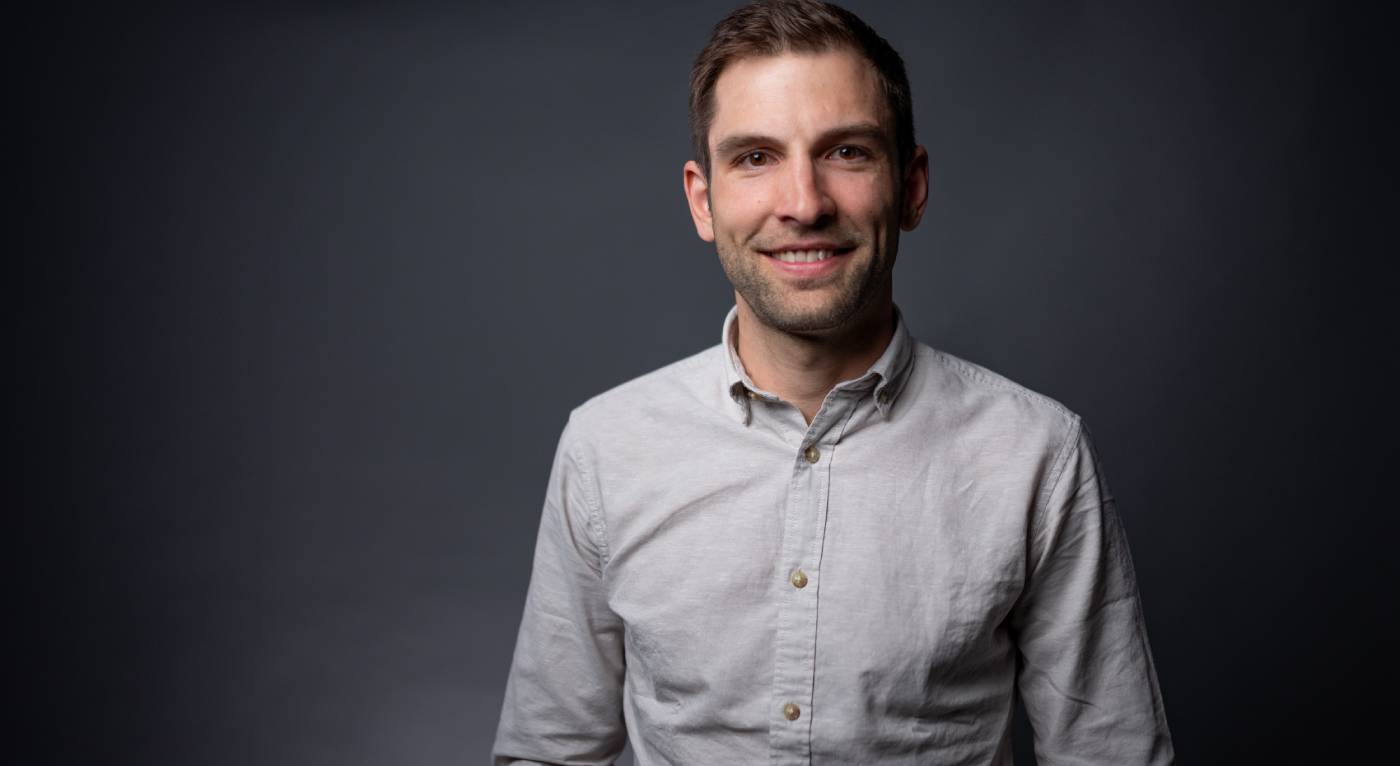
Christian well remembers the day the idea of working as a project manager really took hold: "I still remember the first time that, in my role as a design engineer, I came out of the office to the construction site and saw how the plans I had drawn were being implemented, that was the initial spark."
The construction of production plants has been his métier for many years now. Christian is not, however, responsible for the construction of the buildings, but for the complicated inner workings of the factory buildings, i.e. the production lines, many of which are robot-controlled. "As a project manager, it is my job to make sure everything comes together and meshes."
He learned the technical basics at technical college before joining EDAG PS (Production Solutions) as a design engineer. That was over 14 years ago now, but those skills still help him today as a plant engineering project manager reviewing the complex plans and holding everything together.
Cooling water, compressed air, gases, power supply, feed lines: these are all parameters in factory planning. Pieces of the puzzle that he puts together. Once he has checked the key data such as the size of the hall, ceiling height, available budget, he then has to consider what exactly the customer wants to build and in what quality, what problems he is currently facing, and how sensitive the products are. This means asking questions, checking facts, ordering service packages, coordinating delivery dates and deadlines, and above all communicating. This could be at the customer's construction site or on the computer, by video conference. "The aim is to produce the best possible quantity for the most favorable investment in the desired quality."
To begin with, his customers came exclusively from the automotive industry, but in recent years, he has implemented many special projects for other industries. He loves variety and cooperating with many companies from different sectors: "Gaining insights into a wide range of industries and products interests me. You are always learning something new."
Christian has already been extensively involved in the production of surgical instruments, rear vehicle axles, metal lockers, X-ray tubes for computer tomography scanners, and building ventilators, which are also called fan wheels. Fan wheels are ventilators which are made of stainless steel and installed on roofs. They are important for fire protection and air exchange in large buildings such as schools or tunnels, explains Christian: "As there are so many different dimensions there, production has to be very flexible and as a result, we have developed not one but two robot systems for production." Though this might sound simple, it is in fact fairly challenging. Every product has its pitfalls and, as always, the devil is in the details.
"Understanding the customer's problem is always the exciting thing for me, especially if they're not from the automotive industry." Because then there are no automatically prescribed directives. As a rule, vehicle manufacturers have fixed standards, explains Christian: "So you get a 500-page book of product specifications that you first of all have to get your head around." When working for other industries, for instance medical technology, direct communication is what counts: asking good questions and, above all, listening is then enormously important in order to clarify the order.
Christian is used to juggling a wide variety of specifications, requirements and delivery dates on a daily basis. Keeping all the balls in the air at one and the same time while keeping track of the various interfaces is what he does best. The tasks are many and varied, and include the simulation of robot functions, he explains: "In the field of automation, you have to test everything that has to do with sensors, especially the electrics, which is often quite tricky and highly complex."
He is therefore very happy to be able to discuss these kinds of technical challenges together as a team. He values the way in which he and the other project managers in the office interact: "Put your heads together, and you always find the best solution". He also finds it relaxing to have a spontaneous coffee together when things get stressful. "This makes it easier to unwind again," he grins.
Christian comes from the Rhön, and feels at home in the region. This is also where he built his house, which he and his wife designed together. The location of the EDAG PS offices on the outskirts of Fulda is ideal for him: easy to reach, with a commute of about 30 km. As often as possible, he cycles to work, on average three times a week in the summer. The fact that there's a shower in the office comes in handy, because he loves high speeds: "For me, this is the best way to counterbalance stress, it clears my head". After work, too, the ride back on his cross bike helps him to switch off faster. It also means he doesn't need to go to the gym - which he wouldn't have time for anyway. Because there is a young family waiting at home, his 2-year-old son already enjoys building things with large Lego bricks, and a second child is also on the way. Another new piece in the mosaic.